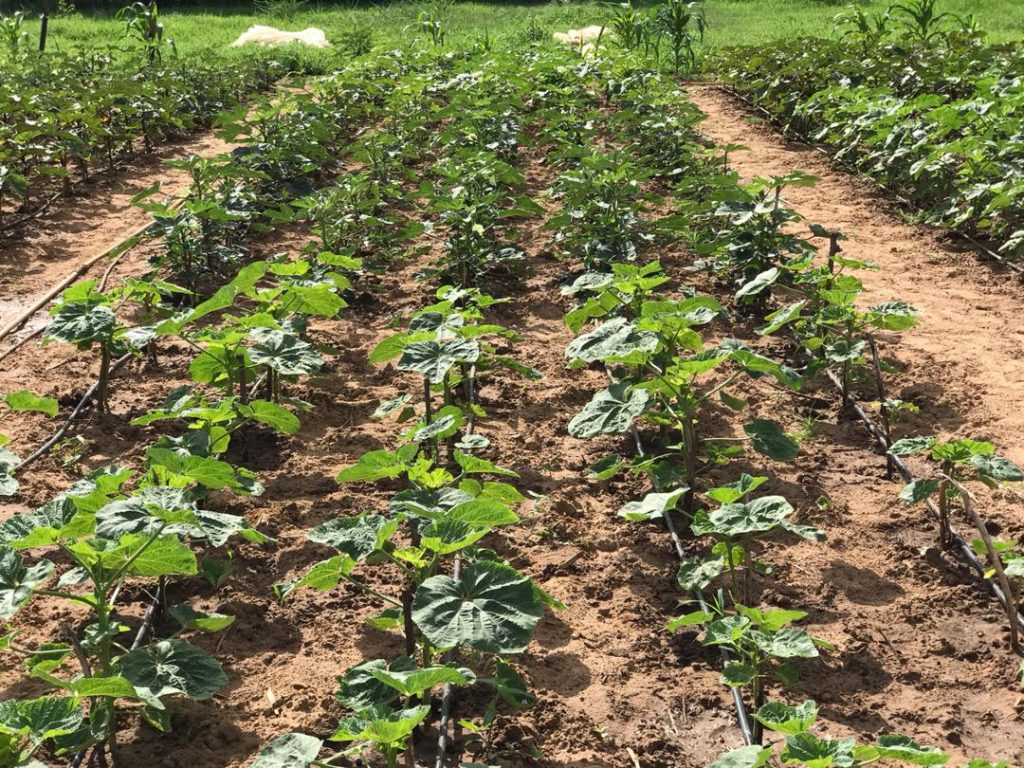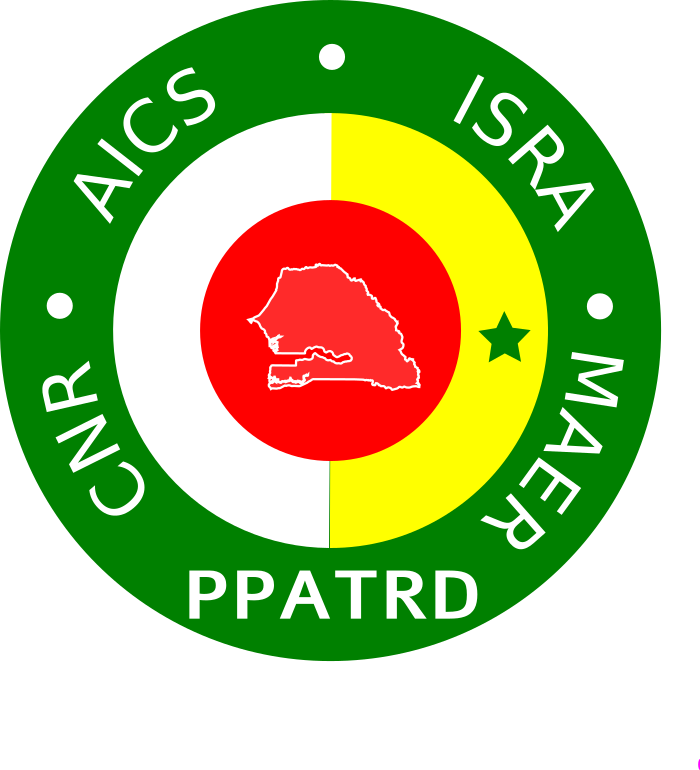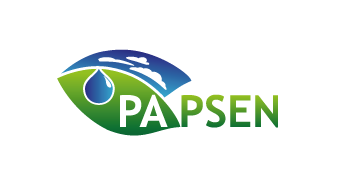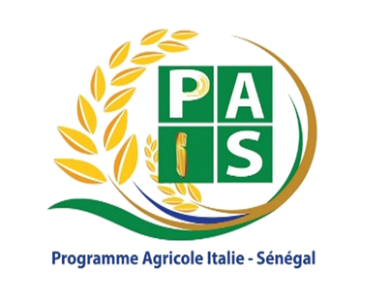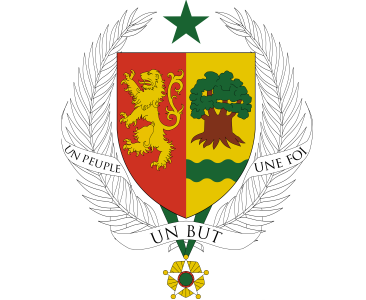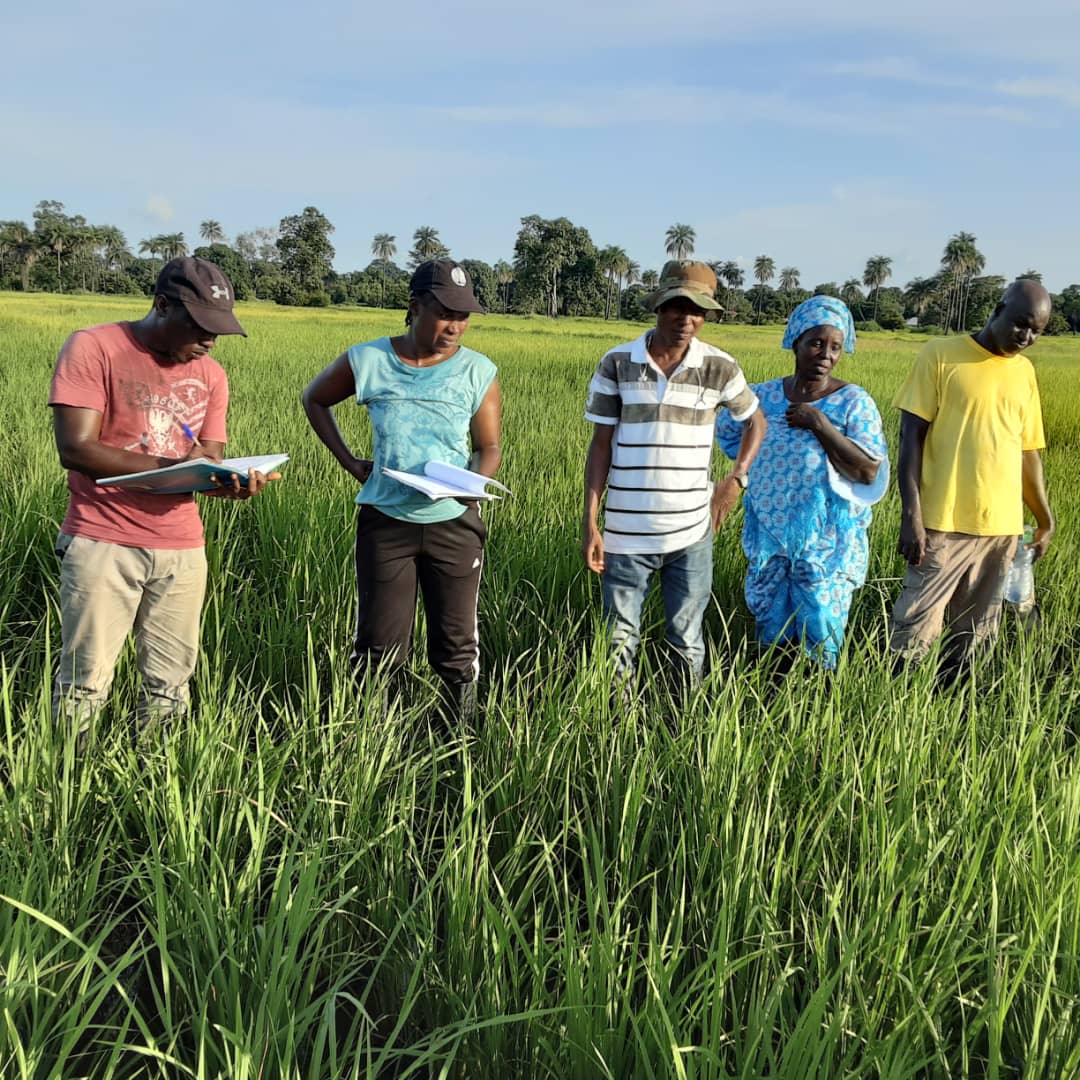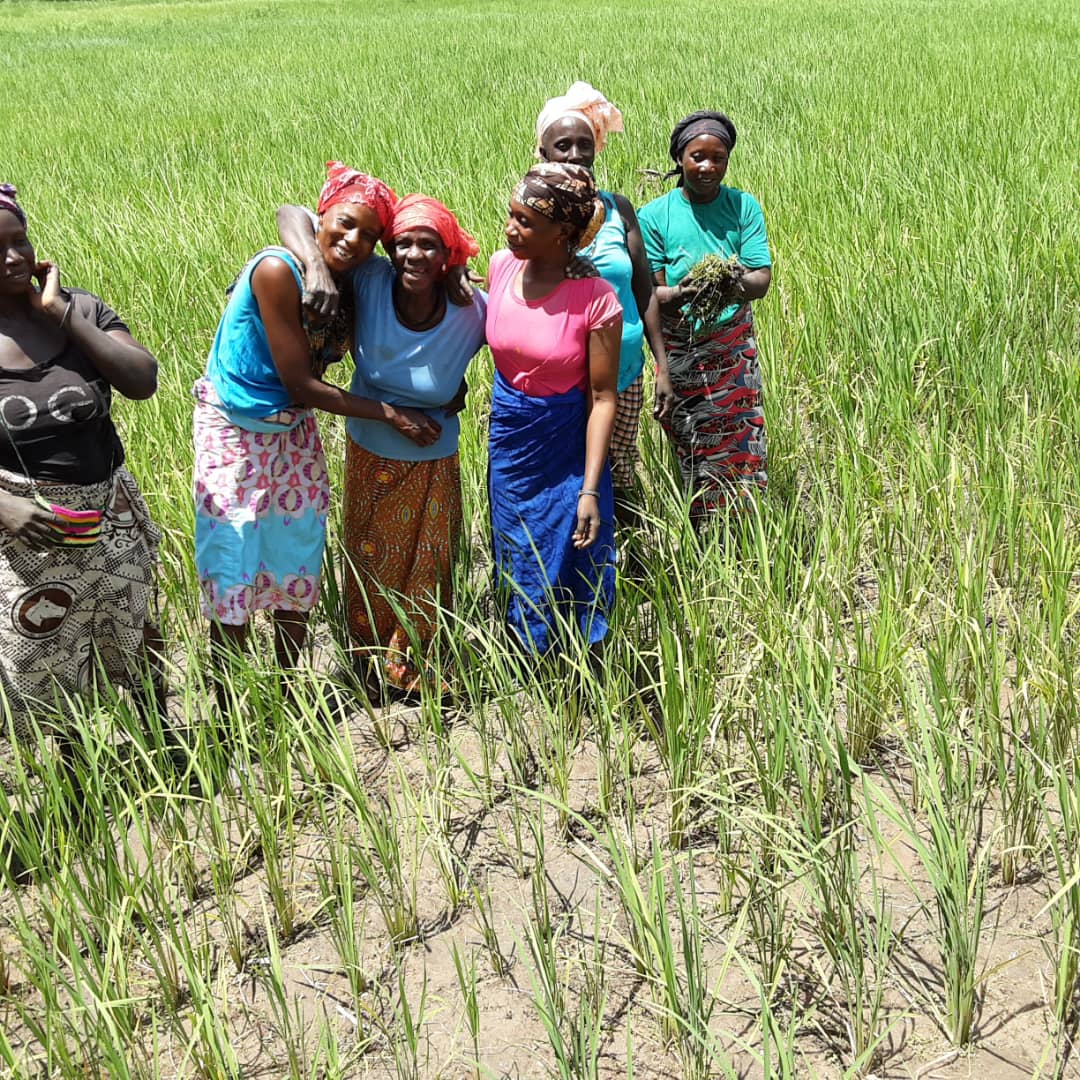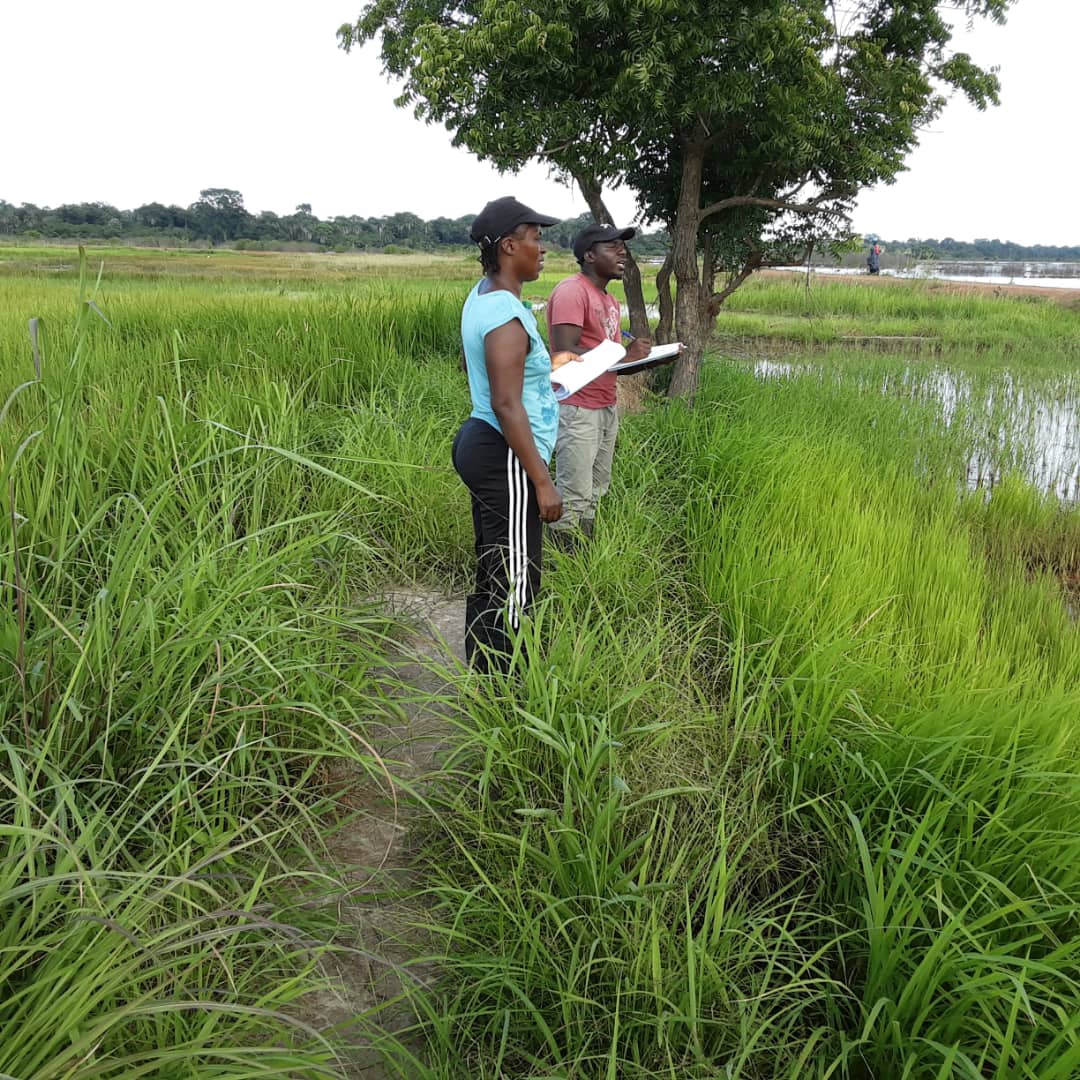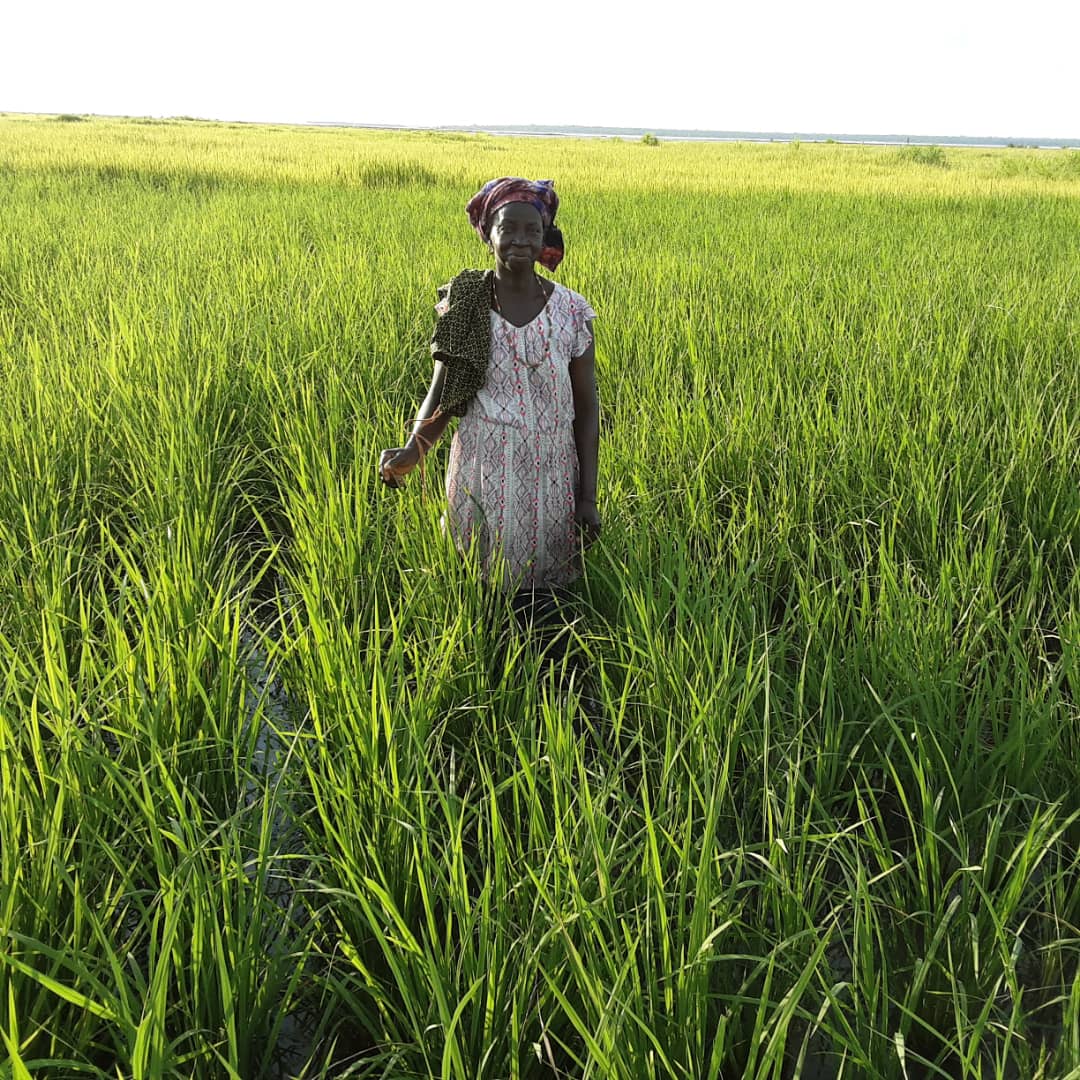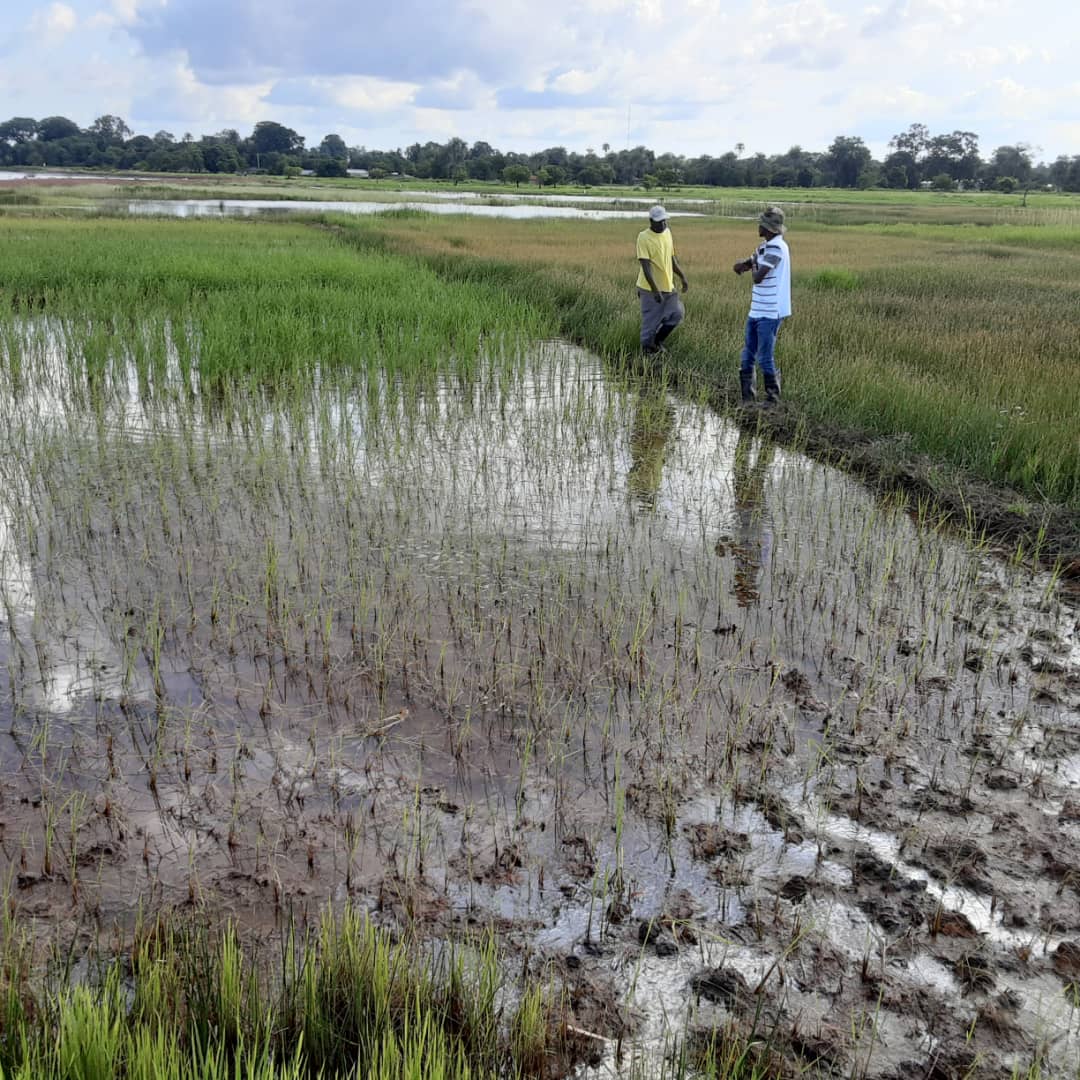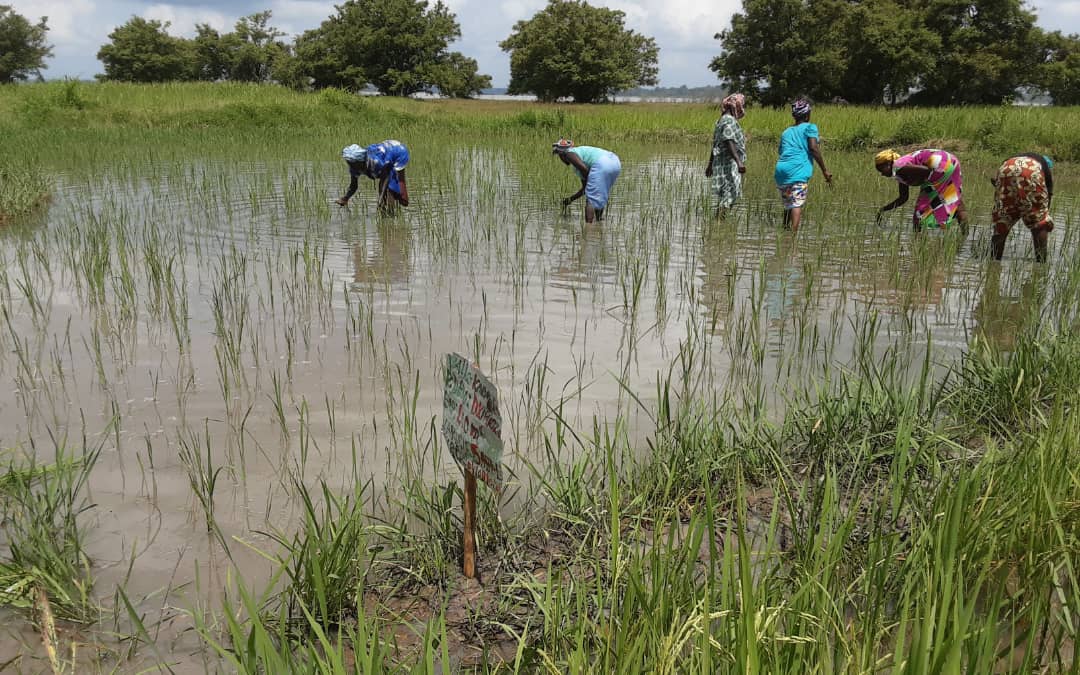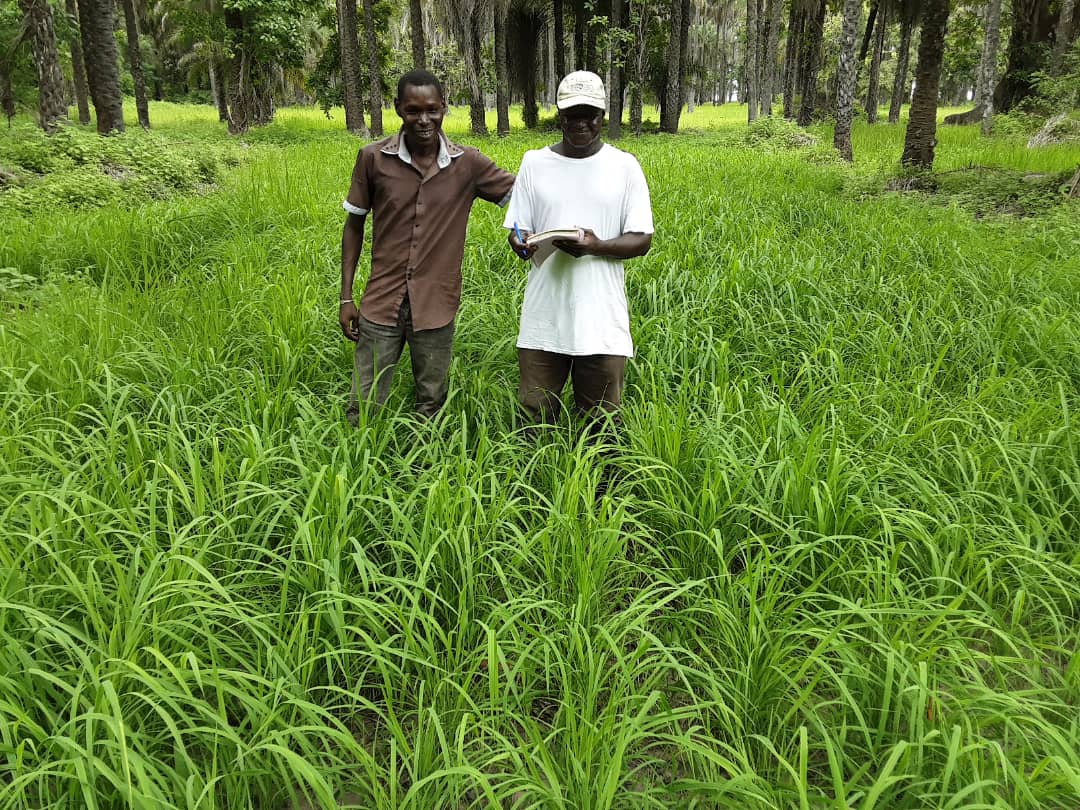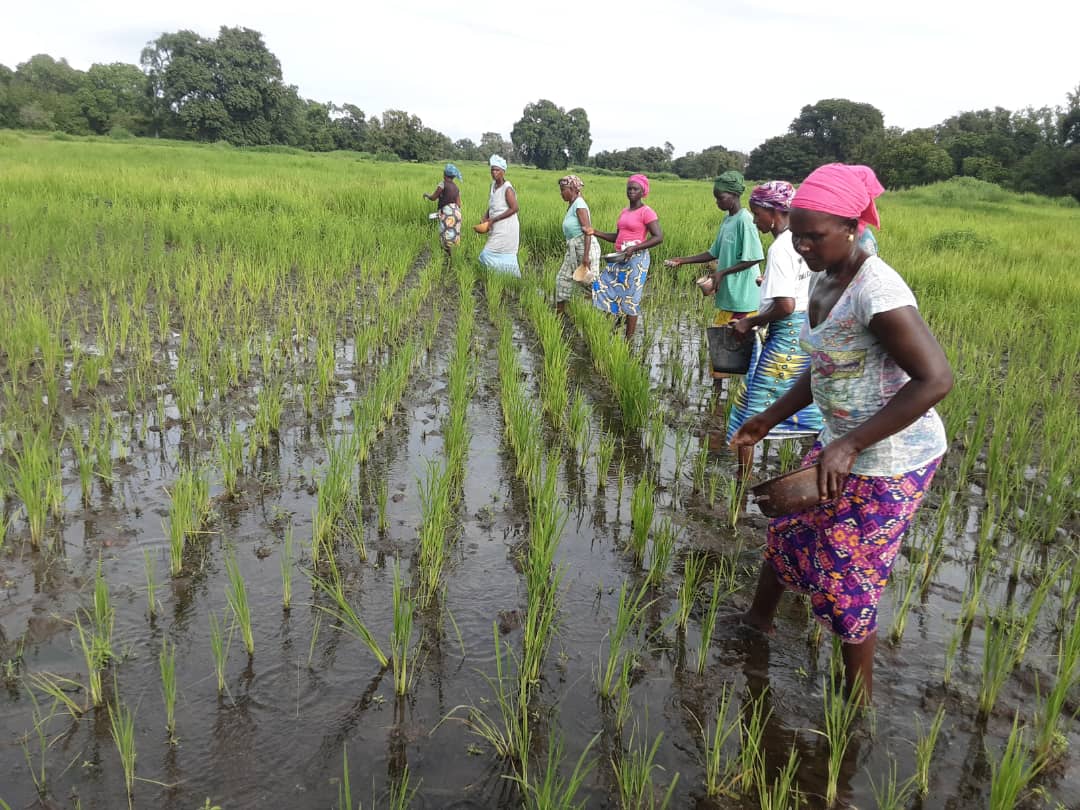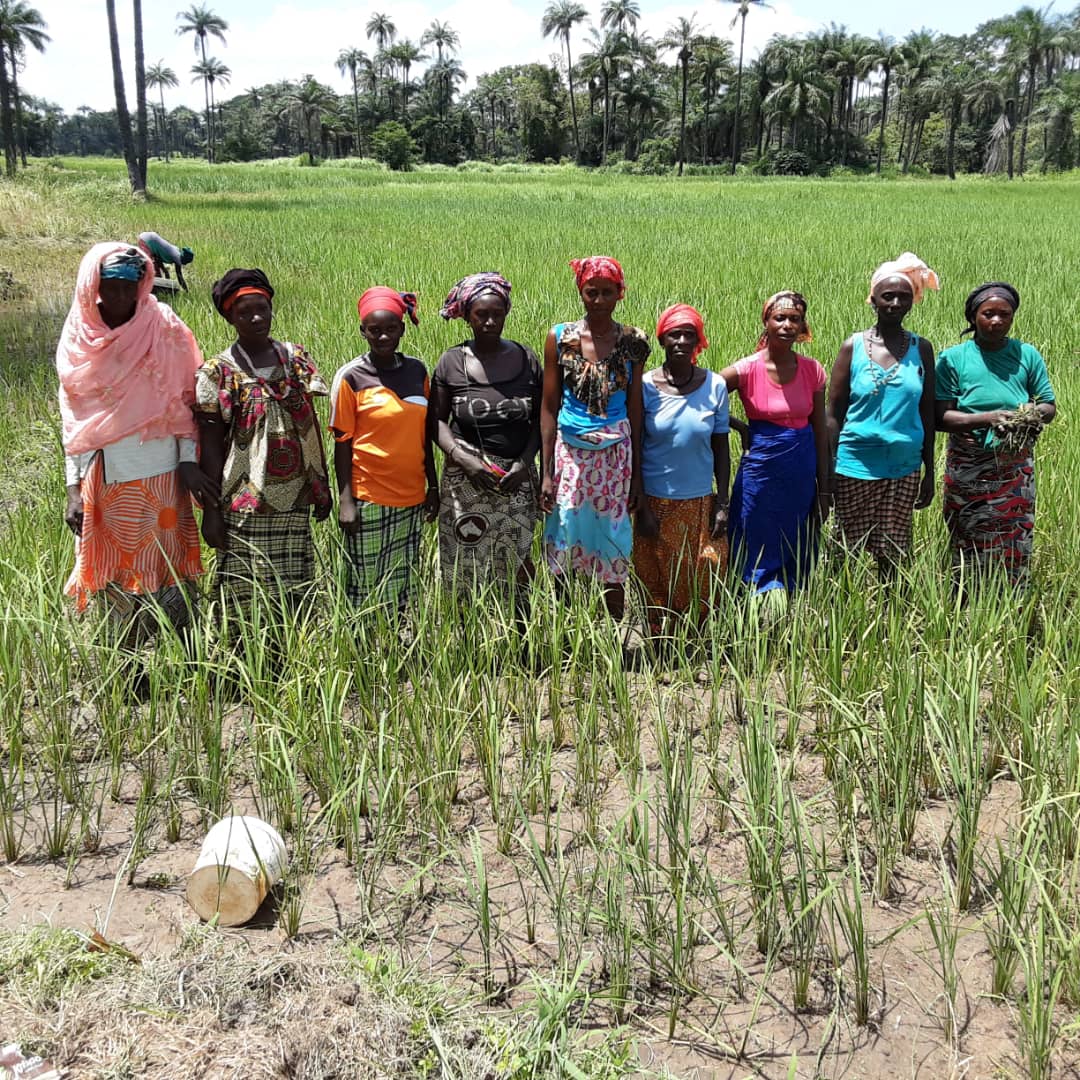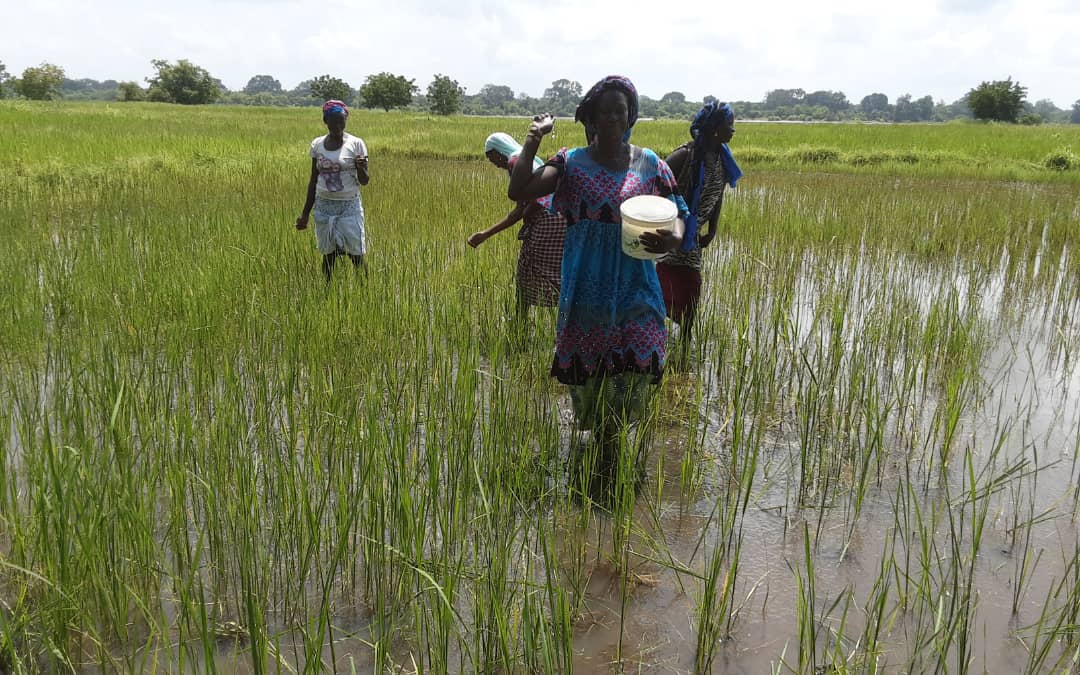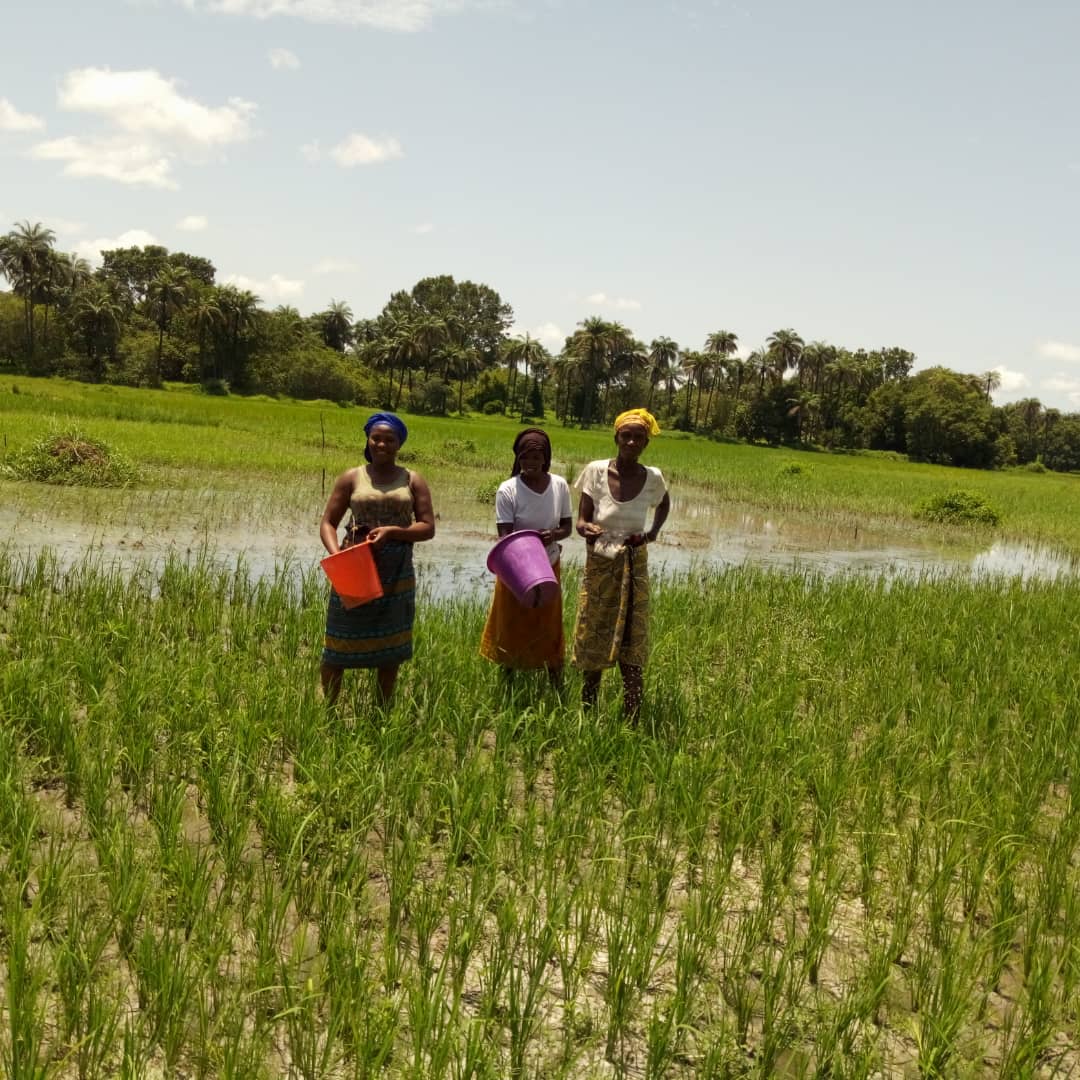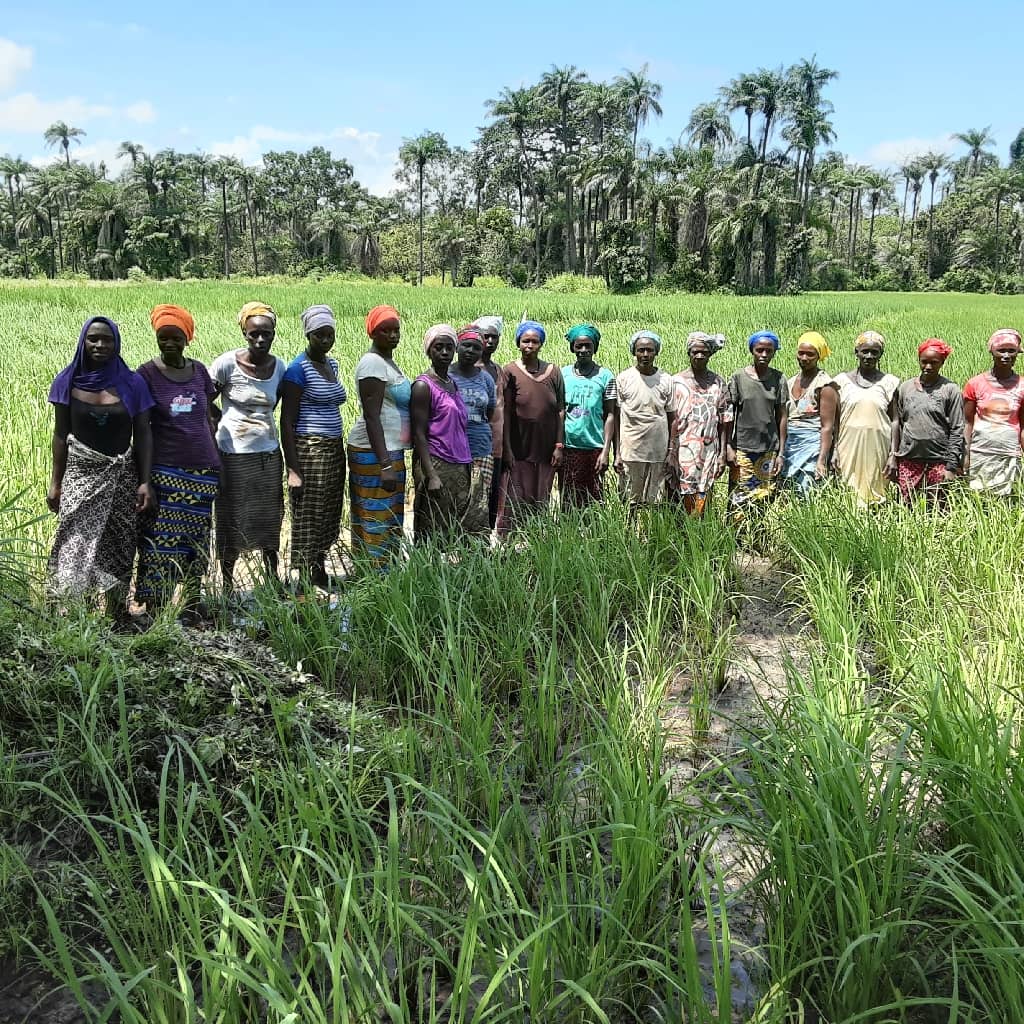Over the past five decades, the “Bassin Arachidier“, or peanut basin, has been dominated by rainfed commercial and food crops. Peanuts were the main source of income for most family farms. However, changes in the economic and social environment (liberalisation and globalisation of the economy, disengagement of the state, population growth, etc.) as well as the impacts of climate change, have led to the failure of the peanut sector, with the consequent degradation of the production conditions of family farms.
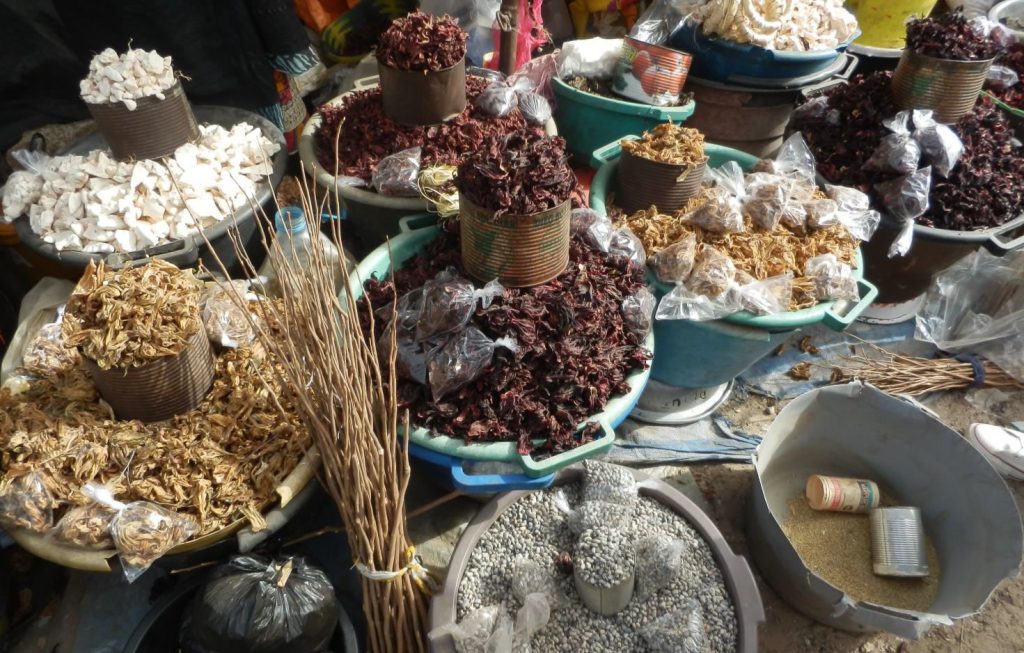
Faced with this situation, the companies have adopted strategies that have not only changed the organization of production units, but also the nature of the farm, to make it increasingly responsive to the demands of large urban markets of proximity (Dakar, Touba, Thiès and Kaolack). In a context of change, horticulture has played an important economic role in Senegal, becoming an engine of development. Read more …
Horticulture in the peanut basin
In the peanut basin, horticulture was once very popular. The peasants, towards the end of the wintering, were already beginning to prepare the horticultural campaign that concentrated mainly on certain productions, such as watermelon, diakhatou, onions and chili. However, with the consequences of climate change, producers have gradually abandoned horticultural crops, but they have experienced a strong upsurge in interest, particularly following the peanut sector crisis.
Faced with the new economic and nutritional challenges, the process of spreading horticulture in the peanut basin has been at the heart of Senegalese State priorities. It has been also strongly encouraged by partners, including Italian Cooperation through the Italian Agency for Development Cooperation (AICS) which has made a significant contribution to this objective by implementing the PAPSEN and PAIS programmes, aimed at creating horticultural perimeters and strengthening the technical and business capacities of the involved producers.
The Sub-programme Centre of the PP-AT&RD project
In order to accompany these two programs in achieving their objectives, PP-AT&RD project was launched in 2018 by the Institute of Bioeconomy of the National Research Council (IBE-CNR) in partnership with the Senegalese Institute of Agricultural Research (ISRA). The project, co-financed by the AICS and lasting three years, aims to support the development of continental horticulture through the exploitation of the horticultural perimetres made by PAPSEN-PAIS in the regions of Diourbel, Fatick, Kaolack and Thiès, (excluding the Niayes area). In this vision PP-AT&RD is fully integrated with these Programmes through an annual activity plan consistent with the actions carried out by the Centre Management Unit of PAPSEN (UGP-Centre) for the construction of infrastructures and works aimed at improving the productive capacity of the concerned regions.
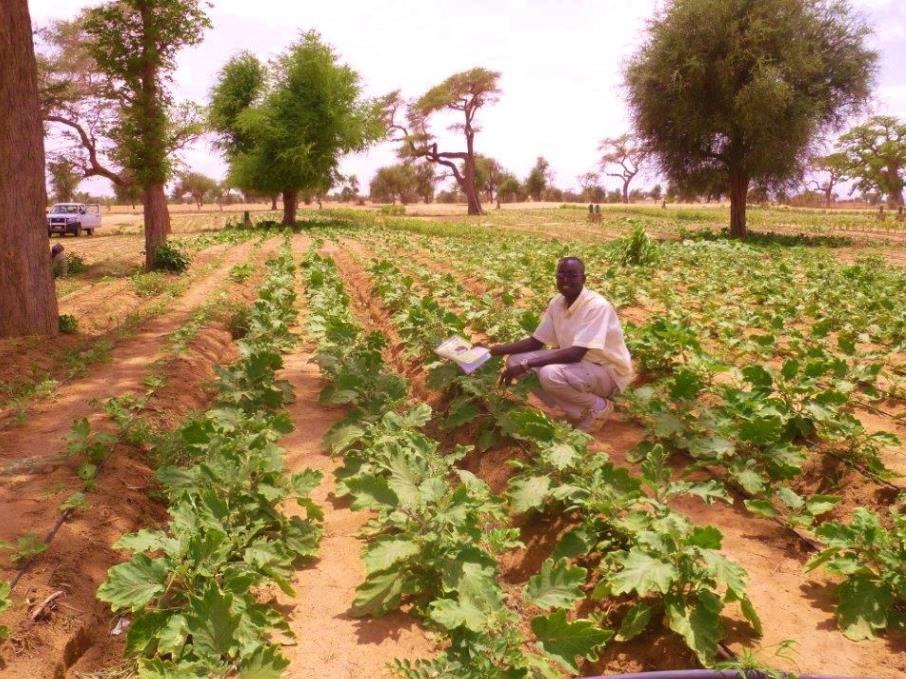
For ensuring the assistance and the success of the groups of farmers involved in the upgrading of these infrastructures through more efficient production systems and to achieve economic security through increased market access capacity, the activities of the PP-AT&RD project focused on three pillars, in particular on the innovation and research, socio-economic and environmental sustainability as well as the development of expertise of producer groups and horticultural producers.
